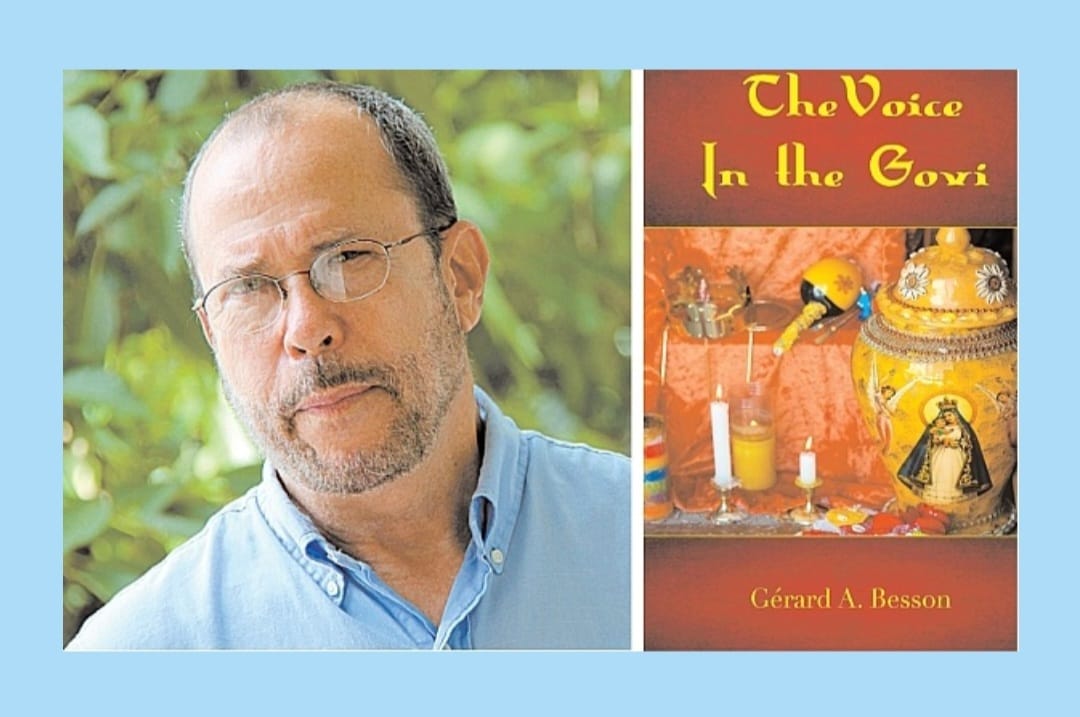On June 19, 1937, the police tried to arrest Tubal Uriah Butler while he was making a speech to workers at Fyzabad. His followers resisted his arrest, and riots broke out. The underlying causes of the riots were unfair and unjust labour practices. The unrest which they caused was the impetus for the formation of the trade union movement and the improvement of labour relations in the years to come.
On Labour Day, we commemorate the struggles which have led to better and fairer working conditions for all. We pay tribute to the courageous men and women whose sacrifices made possible the rights and freedoms enjoyed by workers today. We recognise the long and the arduous battles to secure fair pay and decent working conditions, and we acknowledge the progress that has been made in that regard.
We also acknowledge, however, that although the labour landscape is much improved since 1937, much more remains to be done. We have much further to travel if we are to arrive at our goal of a brighter, more equitable future in the world of work.
For trade unions and similar bodies, who continue the work set in motion by Butler and his contemporaries, there is the need to contend with ever-evolving labour practices and new challenges to their traditional methods of operation. Automation, technological advancements, the Covid-19 pandemic, and Artificial Intelligence, among other developments, compel unions to rethink their approaches and to adapt, in order to ensure that they continue effectively to contribute in a constantly changing labour environment.
For employers, the task is no less challenging. They must also do their part. Employers must understand that true progress lies not in drawing bright, dividing lines between themselves and workers (and the organizations that represent workers). Rather, true progress lies in recognizing that employees and their representatives are partners on the same journey to better and more efficiently run businesses. Employers must recognize that safe, responsive and fair working conditions and environments increase productivity, which in turn redounds to the benefit of both partners in the employment relationship.
Even while we call on labour and employers to collaborate more closely, the wider society, too, has a role to play. That role is to establish the broader conditions to promote such collaboration. What this means is that each of us, in our interactions with one another, need to be more flexible, more tolerant, more open to new ways of seeing and doing things, and more accepting of our different perspectives. We cannot demand of labour and employers, that which we do not practise ourselves.
Let us therefore commit as a society, to becoming more understanding and accommodating of one another. Let us commit to building the broader environment that will cause labour and employers to collaborate even more effectively, and that will cause our nation to thrive. If we apply ourselves, we can and we will be successful in navigating the challenges that face us. We will emerge stronger and more resilient than ever.
I extend sincere wishes to the nation for a safe, productive and peaceful Labour Day.







